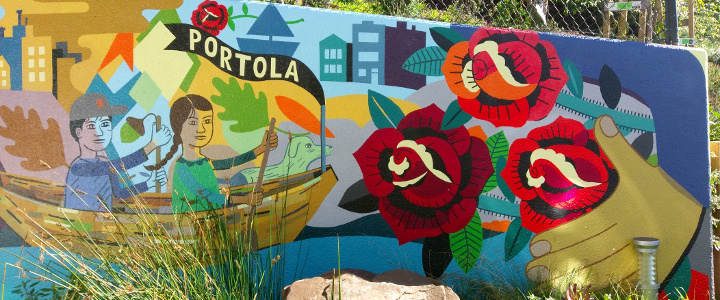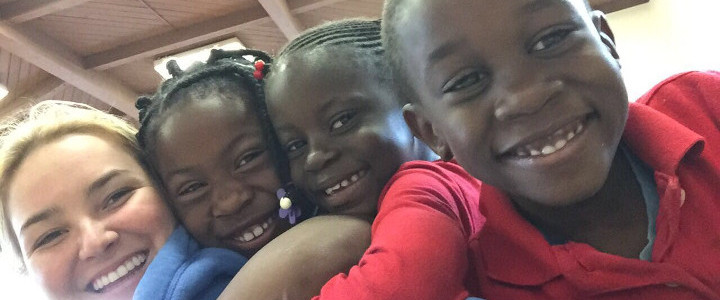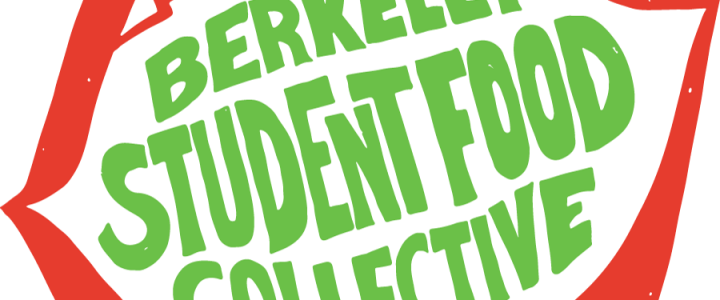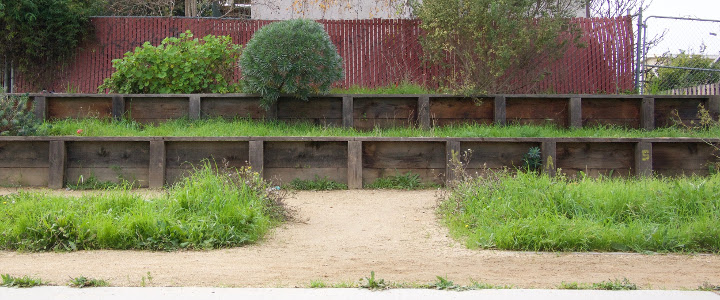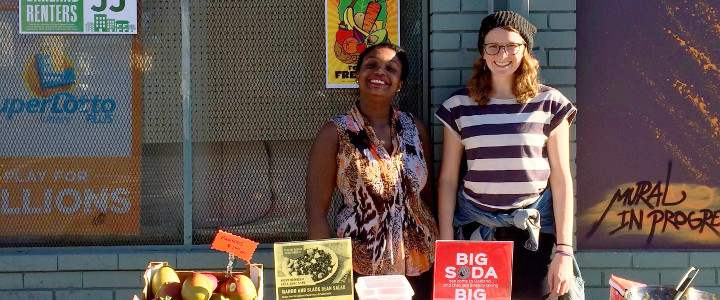Written by: Daniela Sophia Solis
Fall 2016
The process of storytelling is a truly extraordinary experience. Sharing past knowledge through spoken word has been a tradition that has existed in human culture for centuries. We tell stories of the past to our children and peers to preserve the legacy how we saw and experienced the world — and in some unique cases-how we tried to make it a better place.
The day that Lucia (my boss) and I interviewed longtime-resident Barbara Fenech in San Francisco’s Portola District was perhaps the most enriching experience during my internship with The Greenhouse Project San Francisco. Just a few weeks ago we had been searching for Barbara at the grand opening of the Portola’s Grocery Outlet, where free tacos were given out with proof of purchase of something from inside the store. It was curious to observe a pair of elderly Chinese women eating tacos, unsure of how to tackle them but still trying their best anyways. People from around the neighborhood actually knew each other; it was such a stark difference from my own neighborhood in San Jose, where I’m used to seeing new people every day.

